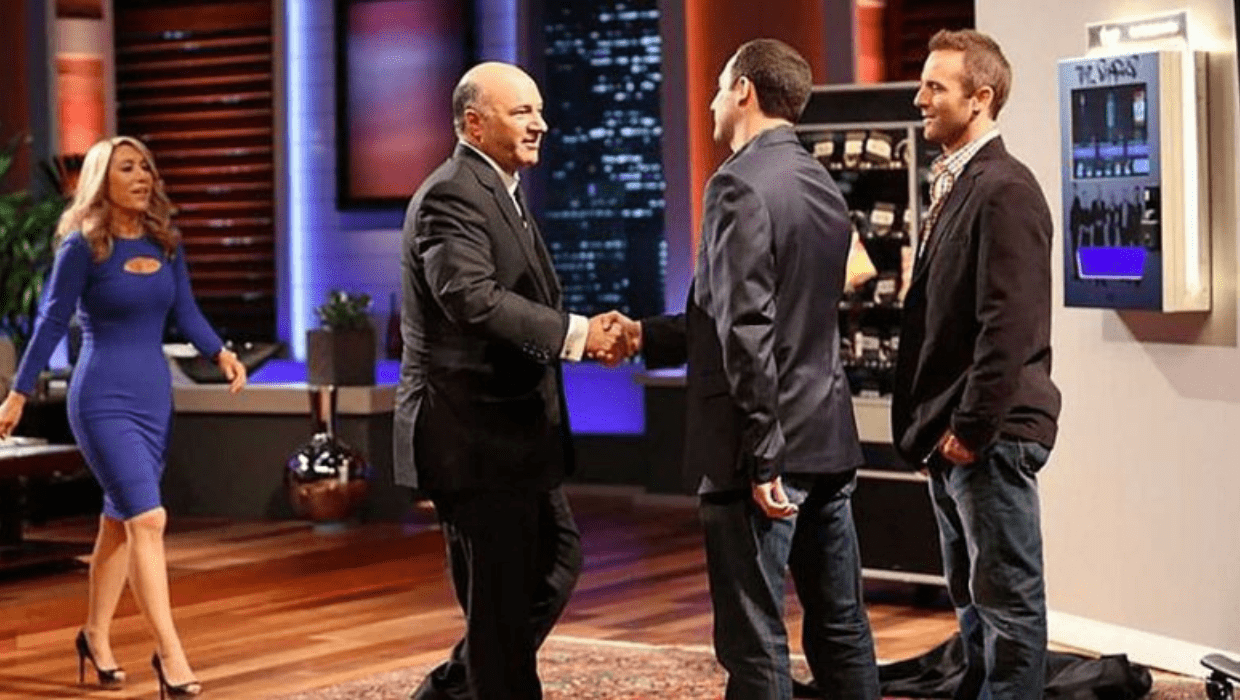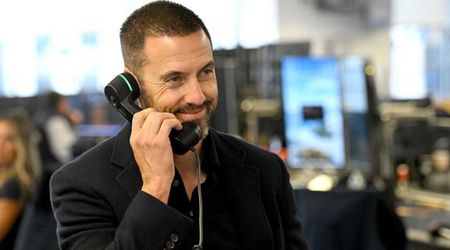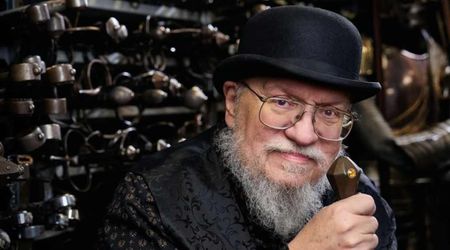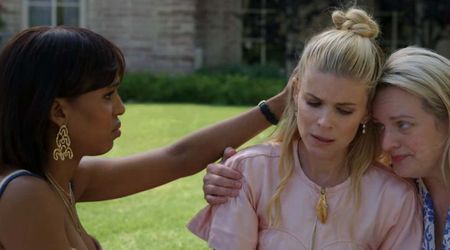Are deals made on 'Shark Tank' real? Closer look at offers made on the show

LOS ANGELES, CALIFORNIA: Many entrepreneurs wish to raise funds from well-known investors such as Barbara Corcoran and Mark Cuban - one of the reasons why 'Shark Tank' is so famous. Many may not know it, but a lot happens after the Sharks say "yes." It's fascinating to discover what happens when the cameras are turned off.
After the understandably apprehensive entrepreneurs pitch their ideas, sweat almost flowing from their brows, the Sharks ask questions and frequently make their own proposals. While some businesses are inundated with enticing offers, others are forced to walk away. But when a deal is struck and signed with a solid handshake or a loving hug, fans question whether these investments are real. Sometimes businesses fail for a wide range of reasons. Sometimes the deal falls through even after they have said yes on TV. Or, as you'll see, things happen to the founders, and they decide to abandon the company. Anything is possible.
RELATED ARTICLES
Where to watch 'Shark Tank' Season 14 Episode 1? ABC to shoot show LIVE in front of studio audience
Are the deals made on 'Shark Tank' real?
The iconic ABC show in which entrepreneurs pitch to celebrity investors results in some business owners walking away with life-changing contracts. However, after filming, such handshake agreements frequently change or break apart. FORBES discovered in 2016 that 319 firms accepted deals on-air throughout the first seven seasons of 'Shark Tank.' They interviewed 237 of those company owners and found that 73% did not receive the particular deal they were promised on television. Nevertheless, changed terms or dead deals do not inevitably mark the death of a business; for many of the contestants they spoke with, the publicity of participating in the show was worth more than the deal.
Approximately 43% of those FORBES interviewed claimed their deals didn't happen following the show. They ascribed this to Sharks opting out of the agreement or modifying the terms to suit their needs. Others backed out of negotiations after receiving term sheets with unfavorable terms. And every once in a while the deals concluded amicably. Another 30% of those FORBES questioned stated that the stock and investment amount provided on-air altered after filming, but they still opted to accept the proposal. According to them, the changes frequently occur during negotiations or due diligence, which is an inquiry into a person or firm before signing a deal.
Robert Herjavec explains why deals do not always close
'Shark Tank' has become an ABC Friday night mainstay, attracting viewers of all ages. The first few seasons of the reality show, which began in 2009, featured entrepreneurs who were inexperienced with the rough waters of the Tank and what the Sharks expected of them. Robert mentioned that one of the primary reasons many deals failed was a lack of experience, and he recalled one of his first collaborations on the show.
In 2021, Robert told The Motley Fool, "It changes from year to year. In general, probably about 50% of the deals close. As the show goes on, the reason they don’t close has changed. … I’ll never forget this famous story, there is a company we invested in called ChordBuddy. The guy was a great guy, a great entrepreneur. … My team reaches out to him and says, ‘Can you send us your financial statement?’" Robert had expected to receive a formal description of the business owner's finances, but this was not the case. "I’m not exaggerating: A box of receipts showed up" the 'Shark Tank' star joked. "Literally a box of receipts, and we’re like, ‘Where’s your income statement? Are you audited?’ He was like, ‘What’s that?’"
The most expensive deal closed on 'Shark Tank'

The Ask: $2,000,000 for 12.5% ($16,000,000)
The Offer: $2,000,000 in venture debt, for 3% equity
When Vengo Labs founders Brian Shimmerlik and Steven Bofill came on 'Shark Tank' in 2016, their pitch proved to be an exceptionally appealing business idea for the Sharks. Brian and Steven categorized a Vengo device as a wall-mounted vending machine that sells a variety of commodities while also advertising on an embedded video screen. Vengo founders believed their tiny wall-mounted vending machine was a winner, so they valued their firm at $16 million. Brian and Steven went into the tank after obtaining $3.4 million in seed money to support the manufacturing of the Vengo units to ask for a $2 million investment in exchange for a 12.5 percent equity stake. In a rare 'Shark Tank' collaboration, Lori Greiner and Kevin O'Leary put up the $2 million and ultimately shared a three percent investment for the Vengo guys since the idea appeared so profitable. The company has since received more money from well-known investors like Gary Vaynerchuk and Tony Hsieh, who have joined Vengo's aim to disrupt the vending machine market.
What has been the most popular Shark Tank product to date?
The Ask: $200,000 for 5%
The Offer: $200,000 for a 17.5% stake
Bombas is the most lucrative offering from 'Shark Tank' in terms of lifetime sales metrics, funds raised on the program, and post-show sales performance. After the 'Shark Tank' episode about Bombas aired in 2014, during which the owners of the firm raised $200,000, it is said that the business ran out of its stock in just two weeks, generating revenues of around $1.2 million. Since then, Bombas continued to grow; the firm has already generated amazing lifetime revenues of over $225 million. Bombas' primary product is still socks, but the company has since then expanded into other cozy clothes such as undergarments, slippers, and t-shirts.
With over 3,500 local Giving Partners nationwide, Bombas and its founders have donated more than 50 million clothing items while adhering to their core objectives of aiding homeless people.
Season 14 of 'Shark Tank' premieres on Friday, September 23, at 8 pm ET/PT.










